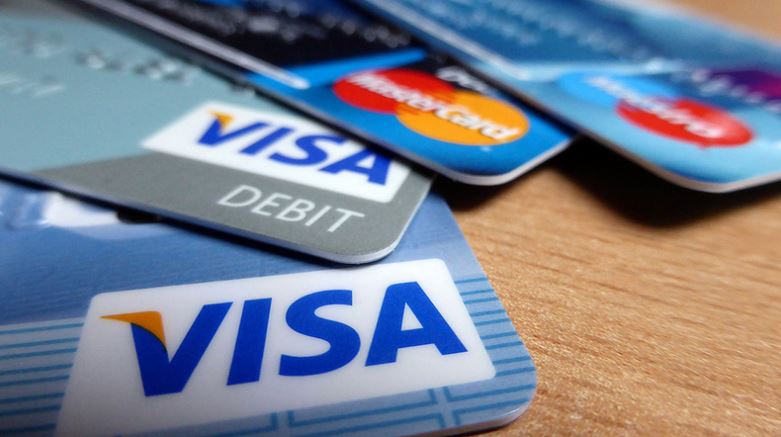Why College Students Should Have a Credit Card
According to Bloomberg, only one in three millennials have plastic cards – whether that includes a debit or a credit card. While it’s likely that college students may not have a steady or reliable income, it’s important that Generation Z makes the right moves to ensure their financial health for the future.
The fact of the matter is this: in order to apply for loans, secure mortgages, and even take care of other expenses for life after college, it’s vital to establish a good credit card history by building credit responsibly. It makes it a lot easier for graduates in their transition into the “real world,” and the earlier that healthy credit is initiated, the better.
“I’ve known people five, six, and seven years out of college who’ve had trouble opening utility accounts, or signing up for a now-needed credit card, because they had no credit history,” said David Slotnick, with Business Insider. “That created a ton of headaches that would have been easier if they had started building credit during school.”
Simple credit cards tips to follow are spending what you can actually afford, paying off the card in full each month (if possible), and being smart about purchases as well. Those interest fees might scare some people off, which is understandable. But, if the full balance is paid each month, you won’t have to worry about interest.
Credit card scores are also important because it highlights key data in your credit profile, which includes the outstanding debt that is owed, the age of credit history, and the history of on-time payments to name a few. Institutions that issue loans decide to give them out based on these factors.
“Virtually every American has a credit profile associated with them, which is a history of their use of credit, including accounts held, past borrowing, and payment history,” Business Insider explained. “Banks that issue loans and credit cards use the information in your credit profile to determine how trustworthy you are, and how likely it is that you’ll pay back whatever you may owe in the future.”
To start building credit, prospective and returning college students can “become an authorized user on a parent’s account,” said Business Insider.
In this way, students without any credit history can get a head start. This is beneficial because that account would be added to your credit profile, further solidifying a healthy credit card history even if you don’t charge anything to the account. Just make sure the account you’re under doesn’t have any bad marks.
“When I left for college, my mom added me to her oldest account, an Amex card,” Slotnick said. “When I checked my credit report a few years later using Credit Sesame, I saw her entire account history on my profile as if it were mine — it showed ‘my’ account as being older than I was!”
If you can’t be an authorized user, you can get a secured credit card – where you get a credit limit attached to the deposit you put down. The you’re able to “pay the card on time and prove that you’re responsible, and eventually upgrade it to an unsecured credit card and get your deposit back,” Business Insider explained.
So, after becoming either an authorized payer or a secured credit card user, it’s recommended to open a “real” credit card as soon as you’re able to – preferably after an early history is established. These options make for a smooth transition after college as well as being in a good financial position for the future. Read more to learn about some of the best cards to use.




